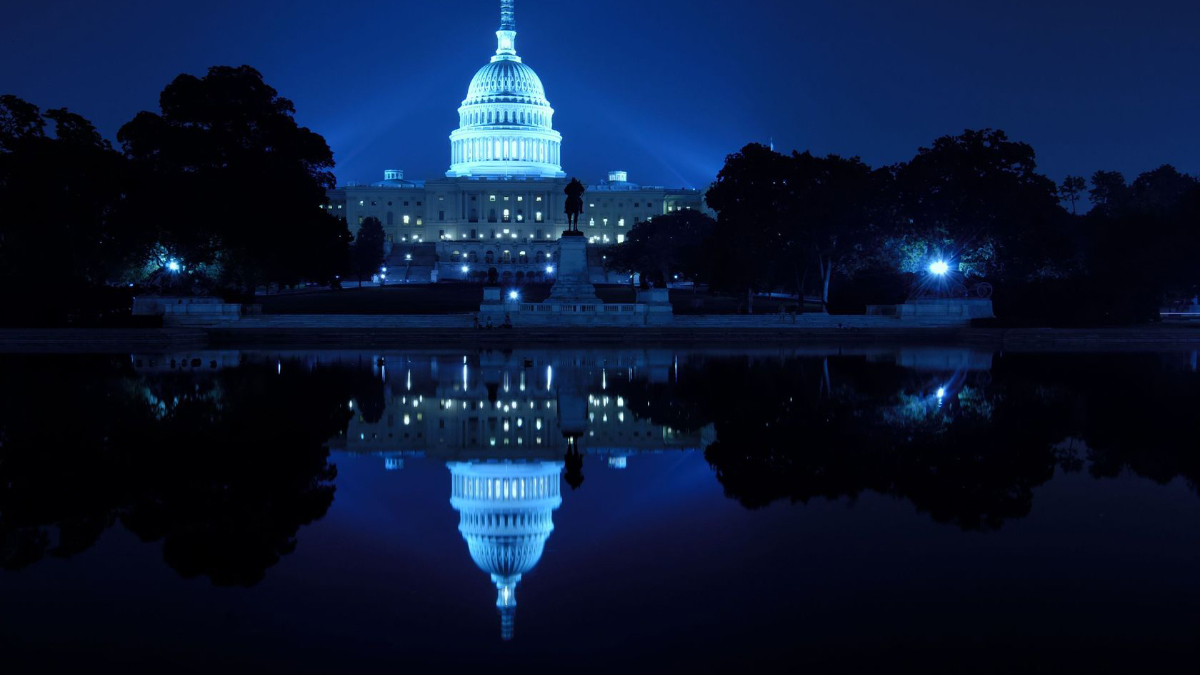On its fourth weekend in theaters, It—the 62nd film adaptation of a work by Stephen King—raked in $17.3 million from stateside theaters and $35.6 million overseas. Those figures topped even the first weekend revenues for American Made, which scored $17 million domestic and only $3.8 million international, despite the name of Tom Cruise above the title.
That comparison, however, shows the enduring star power of Cruise, veteran of Top Gun, Rain Man, Jerry Maguire and many other films. Below the title, American Made reads “Based on a True Lie,” and there is something to that claim.
As the story summaries have it, Cruise plays Barry Seal, a TWA pilot the CIA recruits to spy on communists in Central America. Seal finds himself heading up one of the biggest CIA operations in history, which launches the Medellin drug cartel and nearly brings down the Reagan White House.
If that sounds a lot like the Iran-Contra affair, it may be because the film’s director has an interesting connection to that scandal. Doug Liman, who also directed Cruise in Edge of Tomorrow, is the son of Arthur Liman, lead attorney for the Senate’s Iran-Contra investigation. On the other hand, the true backstory of the movie is much broader.
The primary source was the Christic Institute, a “nonprofit, interfaith center for law and national policy in the public interest” founded in the early 1980s. Christic became famous for charging that the CIA launched the drug trade to fund the fight against communism.
Christic President Daniel Sheehan and executive director Sara Nelson believed that Marxist dictatorships liberate oppressed people and establish the reign of social justice. So the Christics helped Nicaragua’s Sandinista junta by attacking the “Contras,” whom they called Nazis and fascists.
In May, 1986, Sheehan filed a RICO lawsuit charging that a “secret team” of former military and CIA officers was running U.S. foreign policy. The same omnipresent secret team, the Christics charged, was financing the Contras by trafficking in cocaine.
Sheehan quickly became a national figure courted by Democrats such as Sen. John Kerry. The Christics established offices in Washington, Los Angeles, Portland, San Francisco, and North Carolina.
Their lawsuit and conspiracy theory both played well in Hollywood, where Sheehan networked with Ed Asner, Mike Farrell, Jane Fonda and others. Rockers Bruce Springsteen, Bonnie Raitt and others staged benefit concerts for the Christics.
Former presidential aide Bill Moyers championed the Christic cause in his PBS special The Secret Government, which was later turned into a book the Christics peddled for $9.95 in their “Tools for Truth” catalogue. Trouble was, the story was not true.
On June 23, 1988, U.S. District Court Judge James King dismissed the Christics’ suit and all its charges. On January 13, 1992, the U.S. Supreme Court ruled that the Christic Institute had to pay more than $1 million in compensation to the victims of their bogus lawsuit.
Senator Kerry distanced himself from the group, and a congressional subcommittee headed by the Massachusetts Democrat found no evidence to back the Christics’ conspiracy theory. Christic bosses soon found themselves under fire in the establishment media.
The conspiracy theory mounted a comeback in Gary Webb’s 1996 “Dark Alliance” series in the San Jose Mercury News, charging that the CIA was behind the flow of crack cocaine into America’s inner cities. That wasn’t true either, but the story found a champion in Los Angeles Democrat Maxine Waters, who even wrote a foreword to the book version.
Now the conspiracy theory shows up in American Made, starring Tom Cruise and based on a “true lie.” The film is certain to win many awards. One can already hear the speeches.
Daniel Sheehan and Sara Nelson, meanwhile, pulled off a second coming as the Romero Institute based in Santa Cruz, California. They recall the Christic Institute’s “unrelenting pursuit for the truth,” and Sheehan teaches classes at UC Santa Cruz including “Alternative Theories of the JFK Assassination.”
Oliver Stone, call your office.








